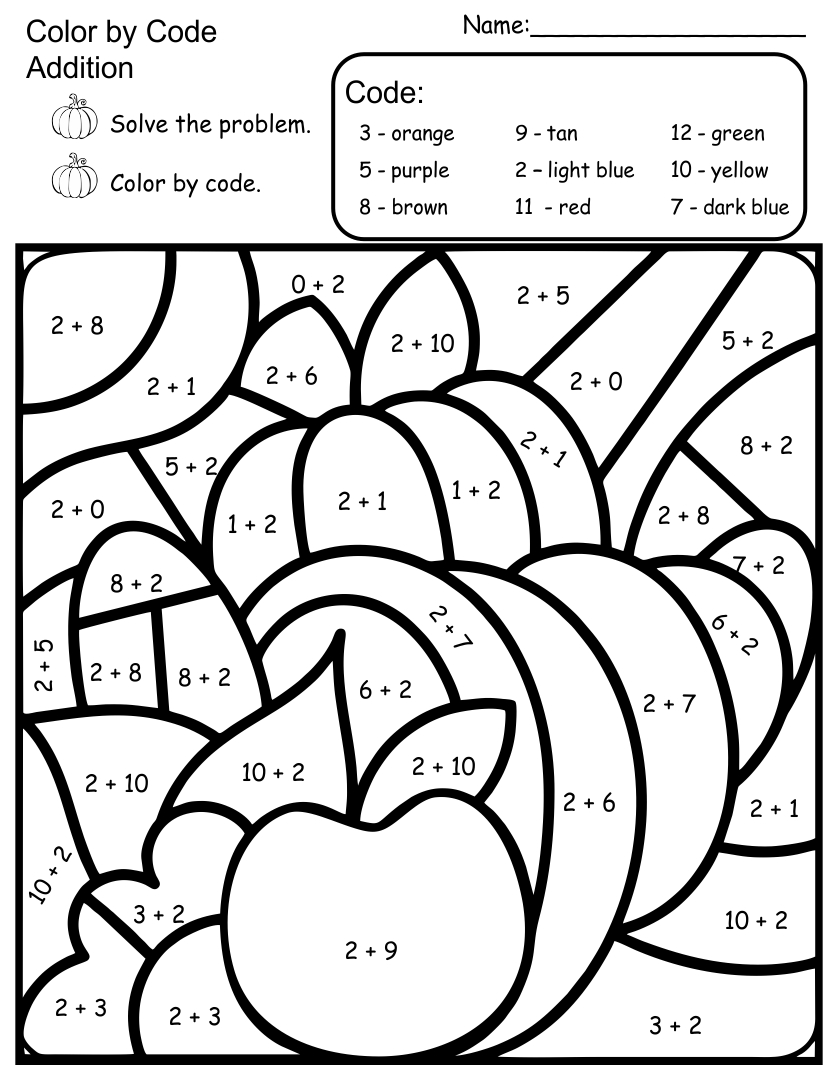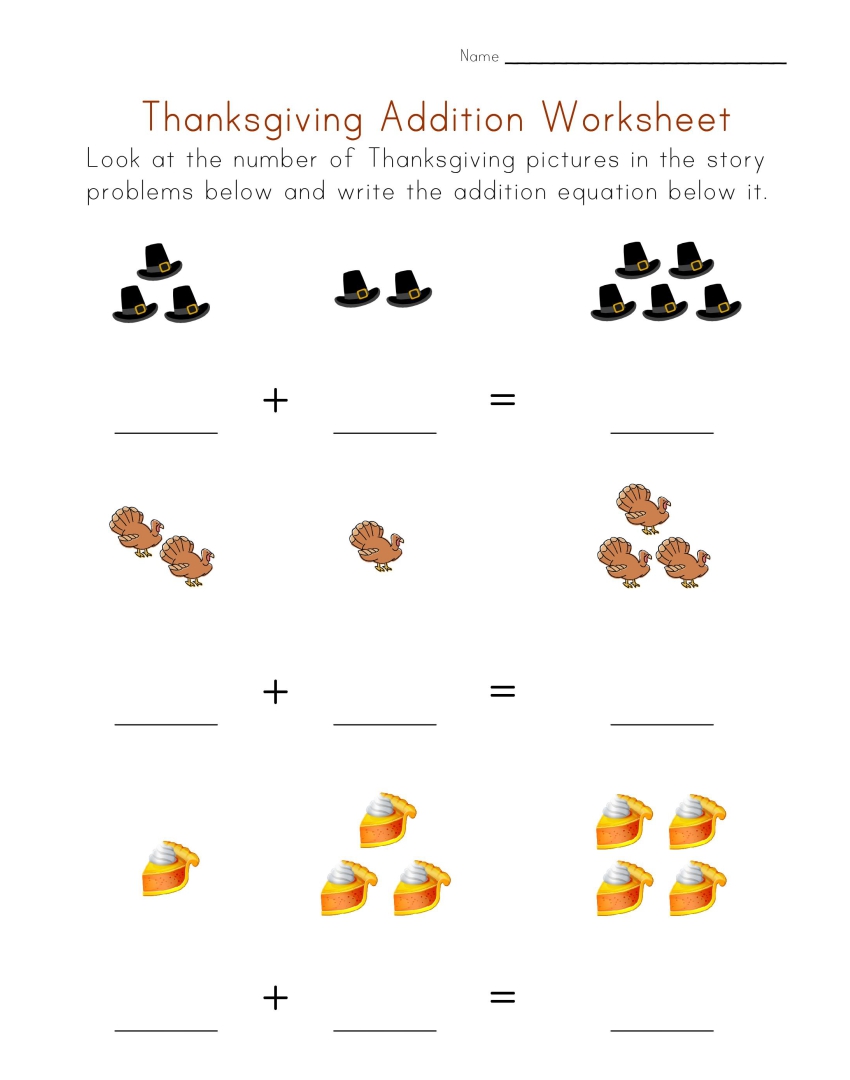Kindergarten Math Worksheet Objectives
Kindergarten math worksheets are designed to provide young learners with a fun and engaging way to develop essential math skills and concepts. These worksheets cover a wide range of topics, from number recognition and counting to shapes, patterns, and measurement.
By completing kindergarten math worksheets, children can improve their cognitive abilities, such as problem-solving, critical thinking, and spatial reasoning. They can also develop important academic skills, such as counting, measurement, and shape recognition, which will serve as a foundation for future math learning.

Cognitive Skills
Kindergarten math worksheets help children develop various cognitive skills, including:
- Problem-solving: Worksheets often present children with math problems that require them to think critically and find solutions.
- Critical thinking: Worksheets encourage children to analyze information, make inferences, and draw conclusions.
- Spatial reasoning: Worksheets involving shapes and patterns help children develop their ability to visualize and manipulate objects in space.
Academic Skills
Kindergarten math worksheets also help children develop essential academic skills, such as:
- Counting: Worksheets provide practice counting objects, numbers, and sets.
- Measurement: Worksheets introduce concepts of length, weight, and volume through activities like measuring objects.
- Shape recognition: Worksheets help children identify and name different shapes, such as circles, squares, and triangles.
Types of Kindergarten Math Worksheets
Kindergarten math worksheets provide a fun and engaging way for young learners to practice and reinforce essential math concepts. These worksheets come in various types, each designed to target specific math skills.
The different types of kindergarten math worksheets can be categorized based on the math concepts they focus on:
Counting
- Number recognition: Worksheets that help children recognize and identify numbers from 0 to 10.
- Counting objects: Worksheets that involve counting objects in a group to develop number sense.
- Number sequencing: Worksheets that help children understand the order of numbers and practice counting forward and backward.
Shapes
- Shape recognition: Worksheets that introduce different shapes, such as circles, squares, triangles, and rectangles.
- Shape sorting: Worksheets that help children sort shapes based on their properties, such as color, size, or shape.
- Shape patterns: Worksheets that encourage children to identify and extend patterns using shapes.
Patterns
- Number patterns: Worksheets that present patterns of numbers and ask children to identify the missing number or continue the pattern.
- Shape patterns: Worksheets that present patterns of shapes and ask children to identify the missing shape or continue the pattern.
- Color patterns: Worksheets that present patterns of colors and ask children to identify the missing color or continue the pattern.
Measurement
- Length comparison: Worksheets that help children compare the length of objects and determine which is longer or shorter.
- Weight comparison: Worksheets that help children compare the weight of objects and determine which is heavier or lighter.
- Capacity comparison: Worksheets that help children compare the capacity of containers and determine which can hold more or less.
Other Concepts
- Addition and subtraction: Worksheets that introduce basic addition and subtraction concepts using pictures or objects.
- Time: Worksheets that help children understand the concept of time and practice telling time on a clock.
- Money: Worksheets that introduce different coins and bills and help children count and compare money values.
Educational Benefits of Kindergarten Math Worksheets
Kindergarten math worksheets provide numerous educational benefits for young learners. These activities enhance cognitive development, problem-solving abilities, and fine motor skills.

Cognitive Development
Worksheet activities help kindergarteners develop essential cognitive skills such as number recognition, counting, and shape recognition. By engaging with numbers and shapes in a structured and repetitive manner, children improve their ability to identify and understand these concepts. Additionally, worksheets promote logical thinking and problem-solving by presenting children with simple mathematical problems to solve.
Reinforcement of Classroom Lessons
Math worksheets serve as valuable tools for reinforcing classroom lessons. They provide additional practice and repetition of concepts taught in class, helping children solidify their understanding. By completing worksheets, kindergarteners can apply their knowledge in a different context, strengthening their comprehension and retention.
Design Principles for Effective Kindergarten Math Worksheets
Kindergartners learn best through engaging and visually appealing activities. To create effective math worksheets for kindergarteners, it’s essential to incorporate design principles that cater to their unique learning needs.
Visual Appeal
Visual elements play a crucial role in capturing and sustaining kindergarteners’ attention. Incorporate bright colors, eye-catching graphics, and playful illustrations that relate to the math concepts being taught. Avoid overwhelming the worksheet with too many visuals, and ensure they are age-appropriate and relevant to the lesson.
Incorporating Playful Elements into Worksheets
Transforming worksheets into engaging experiences is crucial in early childhood education. By incorporating playful elements, educators can make learning enjoyable, fostering a positive attitude towards math.
Games and Puzzles
Incorporate games like bingo, matching cards, and puzzles that require problem-solving and logical thinking. These activities provide hands-on experiences, enhancing number recognition and spatial reasoning.
Interactive Activities
Design worksheets with interactive elements such as cut-and-paste activities, movable pieces, and spinners. These activities encourage fine motor skills, spatial awareness, and problem-solving.
Visual Appeal
Use bright colors, attractive fonts, and engaging graphics to make worksheets visually appealing. Colorful characters and relatable scenarios can capture students’ attention and motivate them to learn.
Differentiation Strategies for Kindergarten Math Worksheets
Differentiating kindergarten math worksheets is crucial to accommodate the diverse learning needs of students. By tailoring worksheets to individual abilities and learning styles, educators can foster inclusivity and enhance engagement.
Strategies for Differentiation
- Varying Difficulty Levels: Create worksheets with varying levels of difficulty to challenge students at different levels.
- Multiple Representations: Provide multiple representations of concepts, such as visual aids, concrete manipulatives, and number lines, to cater to different learning styles.
- Open-Ended Questions: Include open-ended questions that allow students to demonstrate their understanding in various ways.
- Tiered Activities: Offer tiered activities that provide differentiated levels of support and challenge based on student readiness.
- Choice Boards: Create choice boards that allow students to select activities based on their interests and learning needs.
By implementing these strategies, educators can create kindergarten math worksheets that meet the diverse needs of all learners, fostering a positive and inclusive learning environment.
Assessment and Evaluation of Kindergarten Math Worksheets
Kindergarten math worksheets serve as valuable tools for assessing student progress and identifying areas for improvement.
Observing Student Performance
Observing students as they complete worksheets provides insights into their understanding of mathematical concepts. Educators can assess:
- Conceptual Understanding: Students’ ability to apply math principles and solve problems.
- Problem-Solving Skills: How students approach and solve math problems, including their strategies and reasoning.
- Accuracy: The correctness of students’ answers.
Analyzing Worksheet Results
Worksheet results offer quantitative data for evaluation. Educators can analyze:
- Overall Performance: Determine students’ strengths and weaknesses across different math topics.
- Individual Progress: Track students’ improvement over time and identify areas needing additional support.
- Class Performance: Assess the effectiveness of math instruction and identify areas for curriculum adjustment.
Tailoring Instruction
Worksheet assessments guide educators in tailoring instruction to meet individual student needs. Based on results, educators can:
- Provide Targeted Support: Offer additional instruction or resources to students struggling with specific concepts.
- Challenge Advanced Student: Provide enrichment activities or more complex worksheets to extend their learning.
- Adjust Curriculum: Revise the math curriculum based on class performance to ensure it aligns with students’ abilities and learning styles.
Technology Integration in Kindergarten Math Worksheets
Integrating technology into kindergarten math worksheets can enhance learning experiences and support math concepts.
Interactive online worksheets and apps provide engaging and accessible ways for young learners to practice math skills.
Interactive Online Worksheets
Online worksheets offer a dynamic and interactive environment. They allow children to manipulate virtual objects, play games, and receive immediate feedback. These worksheets often incorporate colorful graphics, animations, and sound effects to make learning more enjoyable.
Math Apps for Kindergarten
Math apps designed specifically for kindergarteners provide a range of activities, such as counting games, shape recognition exercises, and number puzzles. These apps often use gamification techniques to keep children motivated and engaged while they learn.By incorporating technology into math worksheets, educators can enhance learning experiences, cater to diverse learning styles, and foster a positive attitude towards math.
Home-School Connection through Kindergarten Math Worksheets
Kindergarten math worksheets provide a valuable bridge between the classroom and home, fostering a collaborative learning environment that supports children’s mathematical development. By engaging parents in their children’s math practice, worksheets can reinforce concepts learned in school, promote family bonding, and cultivate a positive attitude towards math.
Tips for Parents
- Encourage active participation: Engage with your child while they complete worksheets, providing support and guidance when needed.
- Make it a family affair: Involve other family members in math activities, creating a fun and collaborative learning experience.
- Connect to real-life experiences: Relate worksheet activities to everyday situations, such as counting objects at the grocery store or measuring ingredients for cooking.
- Celebrate successes: Acknowledge your child’s efforts and progress, boosting their confidence and motivation.
- Seek support when needed: If your child struggles with a particular concept, reach out to the teacher for additional guidance or resources.
Cultural Considerations in Kindergarten Math Worksheets
In the diverse world of kindergarten classrooms, it is essential to represent the cultural backgrounds of all students in the learning materials they encounter.
Math worksheets, which play a crucial role in developing mathematical concepts, should reflect the rich tapestry of cultures and perspectives that exist within our society.
By incorporating cultural contexts and perspectives into kindergarten math worksheets, we can promote inclusivity and foster a sense of belonging for all learners. Worksheets that feature familiar objects, symbols, and scenarios from different cultures help students connect math concepts to their own experiences, making learning more meaningful and engaging.
